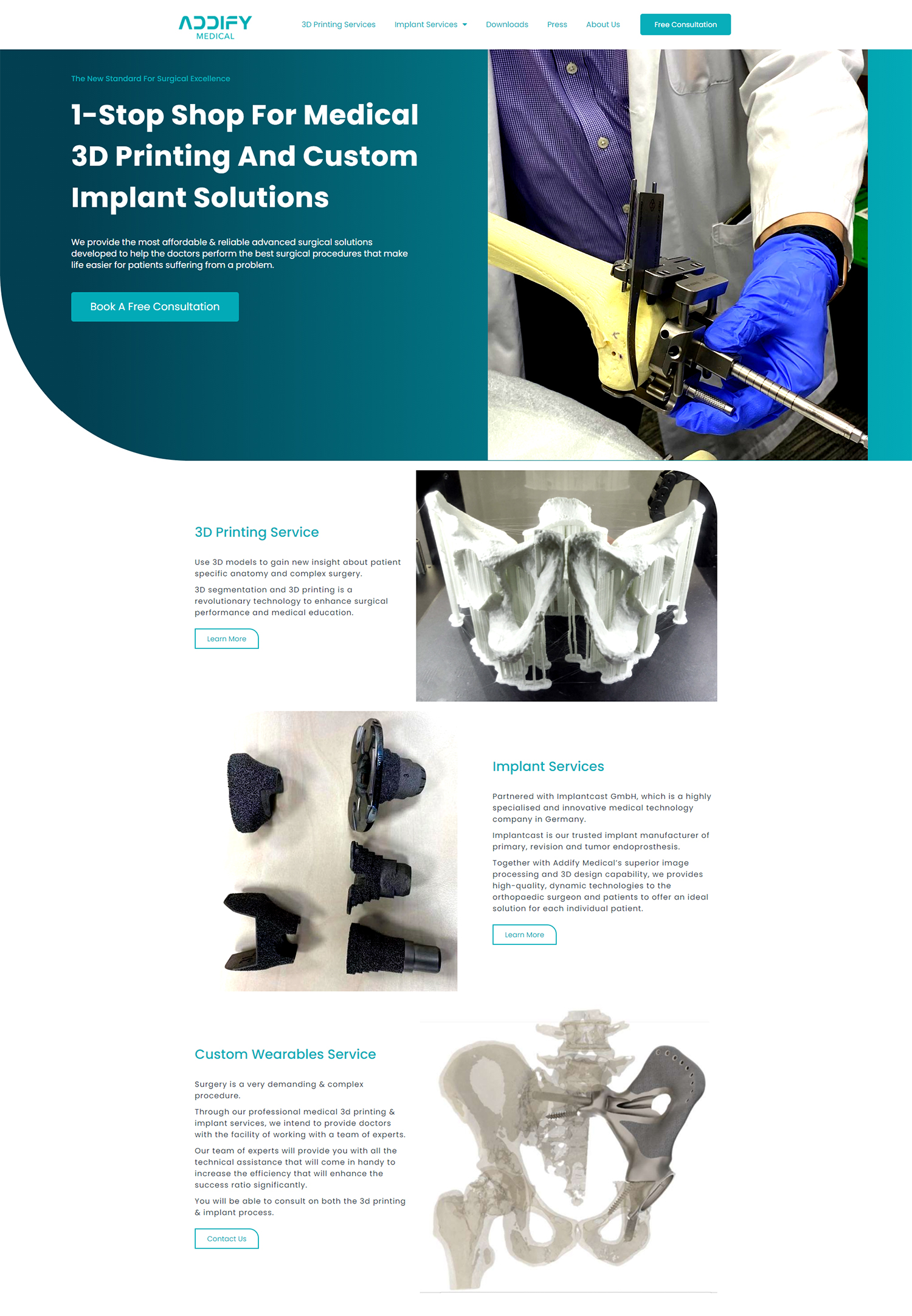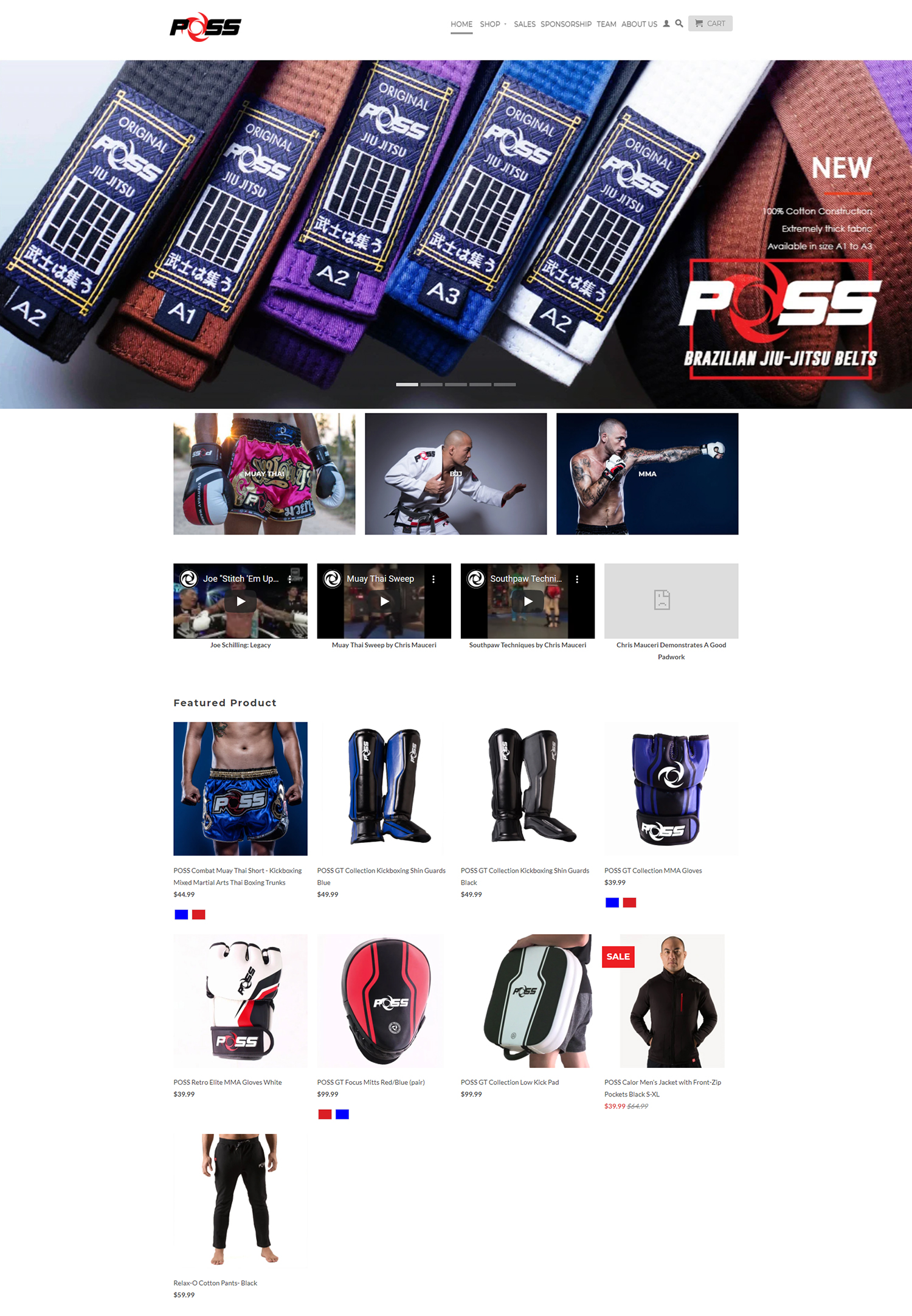In today’s fast-paced digital landscape, local businesses must adapt to the evolving consumer behavior that increasingly favors online interactions. Digital marketing has emerged as a crucial tool for local enterprises, enabling them to reach their target audience more effectively than traditional marketing methods. The significance of digital marketing lies in its ability to provide measurable results, allowing businesses to track their performance and adjust strategies in real-time.
This adaptability is particularly vital for local businesses that often operate within tight budgets and need to maximize their return on investment. Moreover, digital marketing offers local businesses the opportunity to compete on a more level playing field with larger corporations. While big brands may have substantial marketing budgets, local businesses can leverage digital channels to create personalized and engaging content that resonates with their community.
By focusing on local SEO, social media engagement, and targeted advertising, small businesses can carve out a niche in their market, fostering loyalty among local customers who appreciate the personal touch that often accompanies smaller enterprises. This connection not only drives sales but also builds a strong community presence that can lead to long-term success.
Key Takeaways
- Digital marketing is crucial for local businesses to reach and engage with their target audience in today’s digital age.
- Creating a strong online presence is essential for local businesses to establish credibility and attract potential customers.
- Social media is a powerful tool for local businesses to connect with and market to their local customer base.
- Implementing local SEO strategies can significantly improve a local business’s visibility and attract more local customers.
- Email marketing is an effective way for local businesses to engage and retain their local customer base.
Creating a Strong Online Presence for Your Local Business
Key Elements of a Well-Designed Website
A well-designed website should be user-friendly, mobile-responsive, and optimized for search engines. It should clearly communicate the business’s offerings, values, and contact information while also providing an engaging user experience. Incorporating high-quality images, customer testimonials, and clear calls-to-action can significantly enhance the website’s effectiveness in converting visitors into customers.
Optimizing Google My Business Listing
In addition to a website, local businesses should claim and optimize their Google My Business listing. This free tool allows businesses to manage their online presence across Google, including Search and Maps. By providing accurate information such as business hours, location, and services offered, businesses can improve their visibility in local search results. Furthermore, encouraging satisfied customers to leave positive reviews can enhance credibility and attract new clients.
Benefits of a Strong Online Presence
A strong online presence not only helps in attracting new customers but also reinforces brand identity and fosters trust within the community.
Utilizing Social Media to Reach Local Customers
Social media platforms have revolutionized the way businesses interact with their customers, making them indispensable for local marketing strategies. Platforms like Facebook, Instagram, and Twitter allow businesses to engage directly with their audience, share updates, and promote special offers. By creating compelling content that reflects the local culture and values, businesses can foster a sense of community and encourage customer loyalty.
For instance, a local coffee shop might share behind-the-scenes videos of their brewing process or highlight community events they sponsor, creating a narrative that resonates with their audience. Moreover, social media advertising offers targeted options that enable local businesses to reach specific demographics within their geographic area. By utilizing tools such as Facebook Ads or Instagram Promotions, businesses can tailor their messages based on location, interests, and behaviors.
This level of targeting ensures that marketing efforts are directed toward individuals who are most likely to convert into customers. Additionally, engaging with followers through comments and messages can enhance customer relationships and provide valuable insights into consumer preferences and feedback.
Implementing Local SEO Strategies to Improve Visibility
| Local SEO Strategy | Metrics |
|---|---|
| Google My Business Optimization | Increased local search visibility, higher click-through rates |
| Local Keyword Optimization | Improved local search rankings, higher organic traffic |
| Online Reviews Management | Enhanced reputation, increased trust and credibility |
| Local Link Building | Improved domain authority, higher local search rankings |
| Local Content Creation | Increased engagement, higher local search visibility |
Local SEO is a critical component of digital marketing for businesses aiming to attract customers within their vicinity. Unlike traditional SEO, which focuses on broader search terms, local SEO hones in on location-based keywords that potential customers are likely to use when searching for products or services nearby. For example, a plumbing service in Austin might optimize its website for keywords like “emergency plumber Austin” or “best plumbing services near me.” This targeted approach increases the likelihood of appearing in local search results when consumers are actively seeking services.
To effectively implement local SEO strategies, businesses should ensure that their website is optimized for local search terms by incorporating these keywords into page titles, meta descriptions, and content. Additionally, creating localized content such as blog posts about community events or partnerships can further enhance visibility. Building citations—mentions of the business’s name, address, and phone number (NAP) across various online directories—also plays a crucial role in improving local search rankings.
Consistency in NAP information across platforms helps search engines verify the legitimacy of the business, thereby boosting its credibility and visibility in local searches.
Leveraging Email Marketing to Engage with Local Customers
Email marketing remains one of the most effective channels for engaging with local customers and nurturing relationships over time. By building an email list through sign-up forms on their website or during in-store visits, local businesses can create a direct line of communication with their audience. This allows them to share personalized content, promotions, and updates tailored specifically to their customer base.
For instance, a local bakery might send out weekly newsletters featuring new menu items or exclusive discounts for subscribers. Furthermore, segmenting the email list based on customer preferences or behaviors can enhance the effectiveness of email campaigns. By sending targeted messages that resonate with specific groups—such as loyal customers or those who have shown interest in particular products—businesses can increase engagement rates and drive conversions.
Additionally, incorporating visually appealing designs and clear calls-to-action within emails can further encourage recipients to take action, whether it’s visiting the store or making an online purchase.
Using Online Advertising to Target Local Audiences
Online advertising provides local businesses with powerful tools to reach potential customers effectively. Platforms such as Google Ads and Facebook Ads allow businesses to create targeted campaigns that focus on specific geographic areas, ensuring that marketing efforts are directed toward individuals who are most likely to convert. For example, a landscaping company could run ads targeting homeowners within a certain zip code during the spring season when demand for landscaping services typically peaks.
The ability to track performance metrics in real-time is another significant advantage of online advertising. Businesses can analyze data such as click-through rates, conversion rates, and return on ad spend to assess the effectiveness of their campaigns. This data-driven approach enables businesses to make informed decisions about budget allocation and campaign adjustments.
Additionally, retargeting ads can be employed to re-engage users who have previously interacted with the business’s website or social media pages but did not complete a purchase.
Building Relationships with Local Influencers and Partners
Collaborating with local influencers and partners can significantly amplify a business’s reach within its community. Influencers—individuals with a substantial following on social media—can help promote products or services through authentic endorsements that resonate with their audience. For instance, a local restaurant might partner with a food blogger who shares reviews and photos of their dishes on social media platforms.
This not only increases visibility but also lends credibility to the business through trusted recommendations. In addition to influencers, forming partnerships with other local businesses can create mutually beneficial opportunities for cross-promotion. For example, a gym could collaborate with a nearby health food store to offer joint promotions or events that attract customers from both establishments.
These partnerships foster community ties while expanding each business’s customer base. By leveraging the networks of influencers and partners, local businesses can enhance their marketing efforts and create a more significant impact within their target market.
Measuring and Analyzing the Impact of Digital Marketing on Your Local Business
To ensure the effectiveness of digital marketing strategies, it is essential for local businesses to measure and analyze their performance regularly. Utilizing tools such as Google Analytics allows businesses to track website traffic, user behavior, and conversion rates comprehensively. By understanding which channels drive the most traffic or which campaigns yield the highest return on investment, businesses can refine their strategies accordingly.
Additionally, monitoring social media engagement metrics—such as likes, shares, comments, and follower growth—provides valuable insights into audience preferences and content effectiveness. Surveys and feedback forms can also be employed to gather direct input from customers regarding their experiences and expectations. This data-driven approach not only helps in optimizing current marketing efforts but also informs future strategies by identifying trends and areas for improvement.
By continuously measuring and analyzing digital marketing initiatives, local businesses can adapt to changing consumer behaviors and maintain a competitive edge in their market.






























